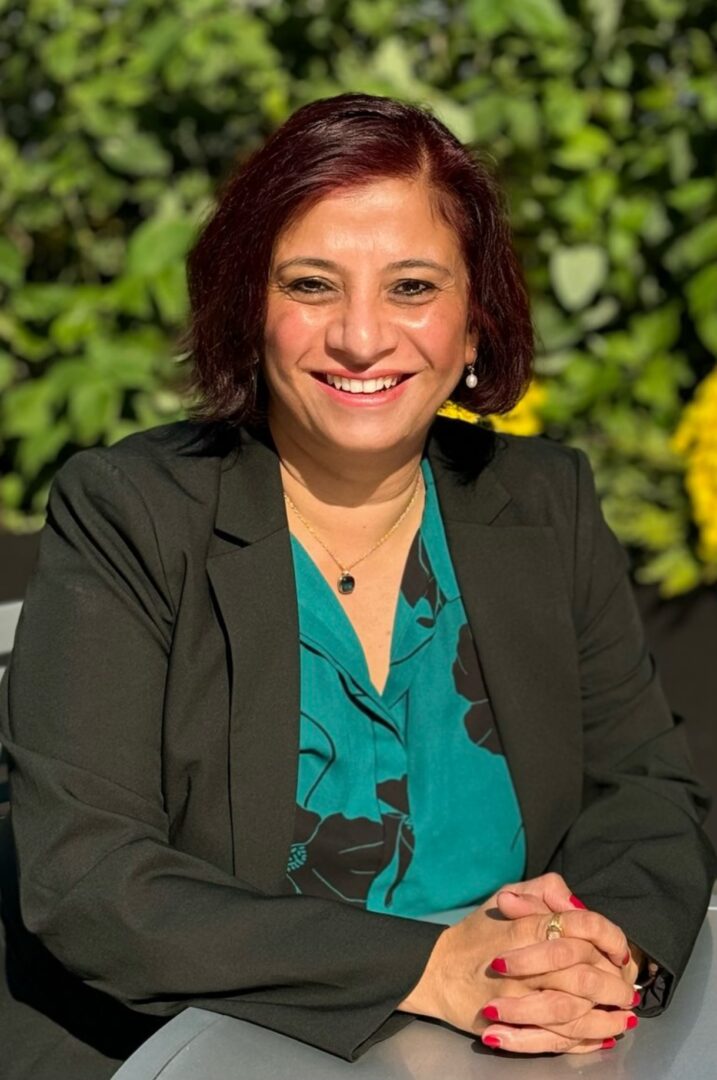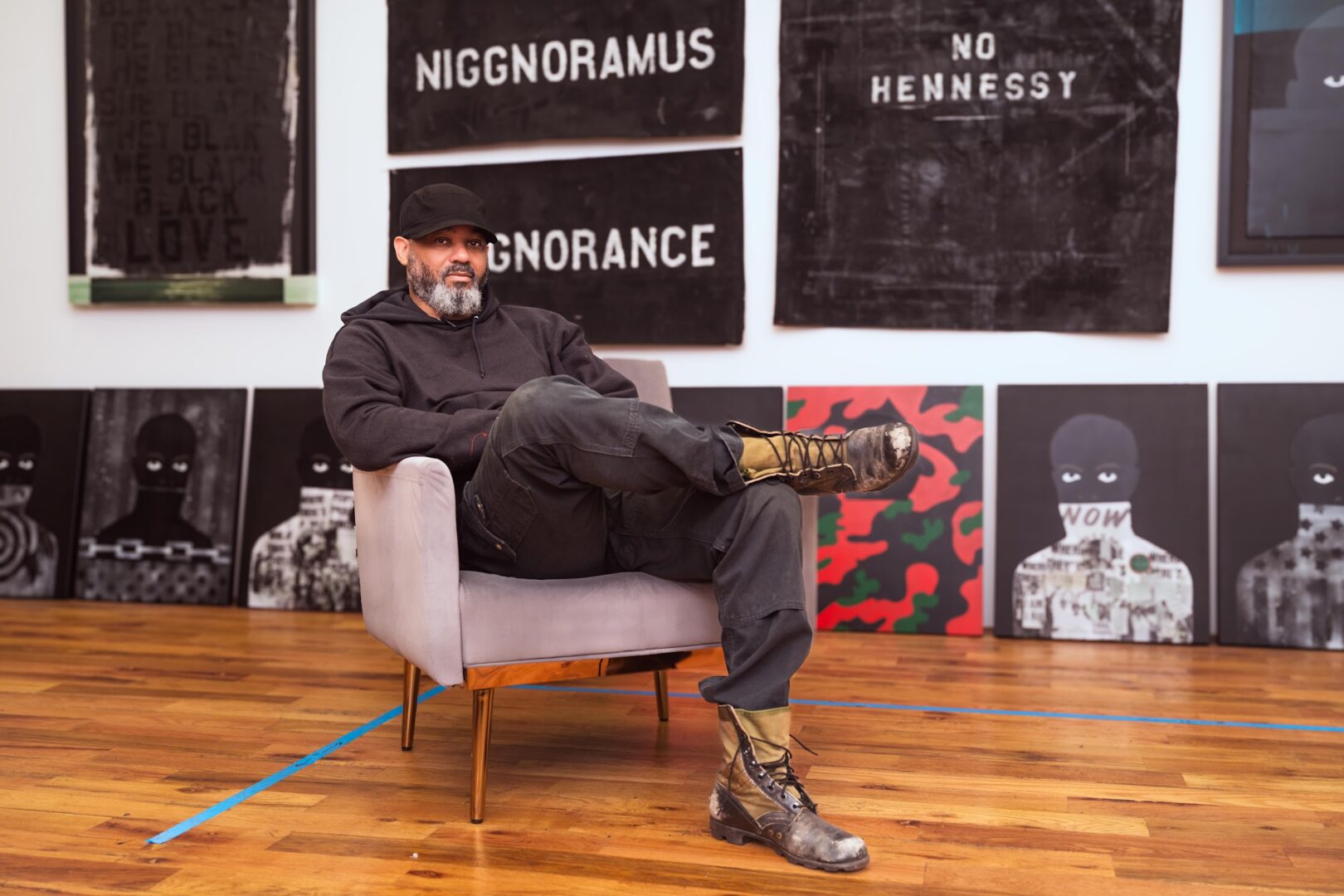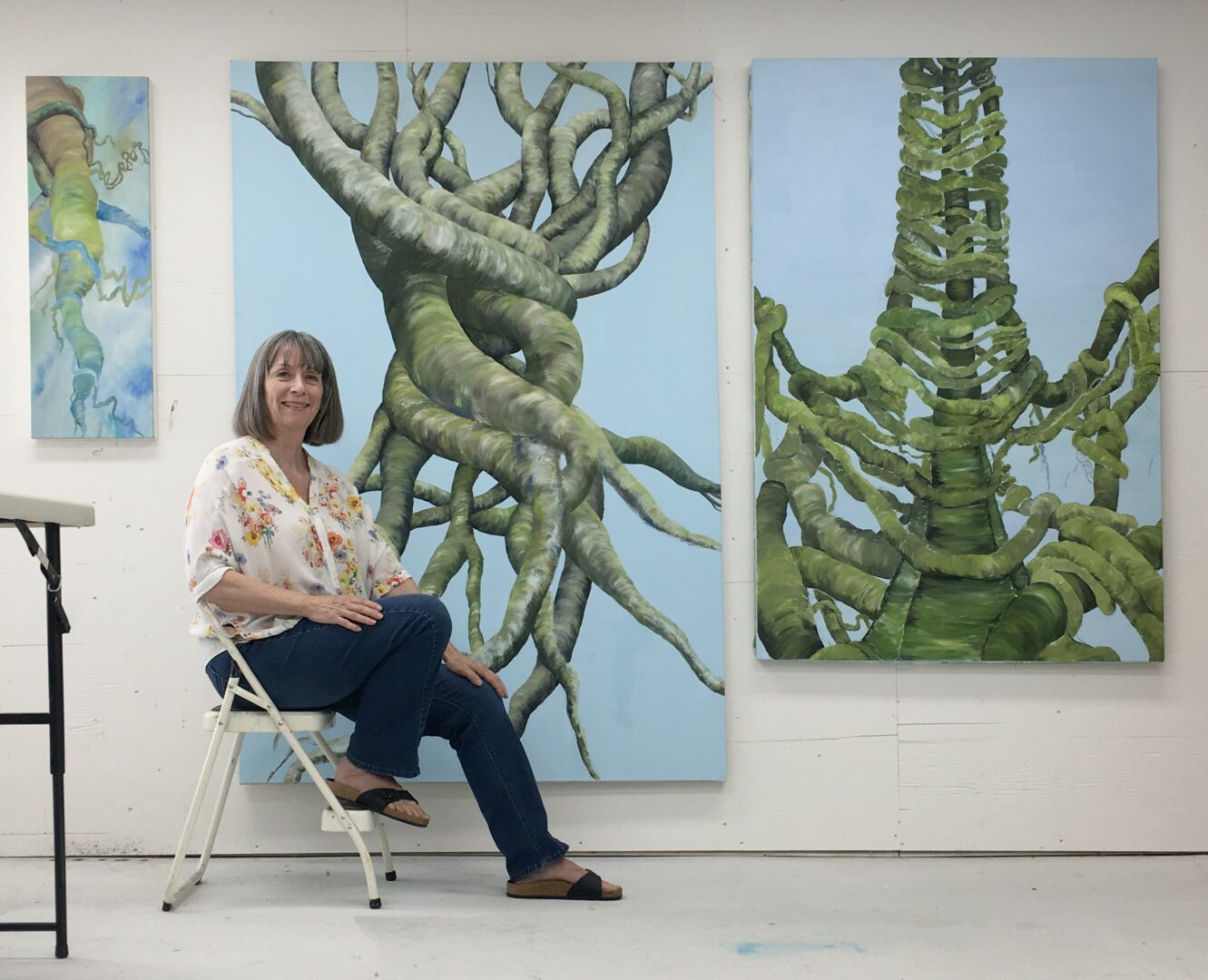Sweta Vikram shared their story and experiences with us recently and you can find our conversation below.
Hi Sweta, thank you for taking the time to reflect back on your journey with us. I think our readers are in for a real treat. There is so much we can all learn from each other and so thank you again for opening up with us. Let’s get into it: What do the first 90 minutes of your day look like?
The first 90 minutes of my day are intentionally designed around balance—movement, stillness, connection, and reflection. I begin without reaching for my phone, allowing myself to wake naturally and connect with my breath and body. I follow certain Ayurvedic rituals and then gentle movement through yoga or stretching awakens my energy, followed by moments of stillness in meditation or quiet reflection. I read something nourishing—a passage from a book —to feed my mind or write parts of an essay, and then spend a few minutes clarifying my intentions for the day. Unhurried coffee shared with my husband, creating space for presence and conversation. These 90 minutes set the tone for anchored day and mindful living, reminding me that productivity begins with alignment, not urgency.
Can you briefly introduce yourself and share what makes you or your brand unique?
I’m Sweta Srivastava Vikram, an Ayurvedic Doctor (AD), trauma-informed yoga teacher, certified grief coach, international speaker, adjunct professor, and author dedicated to helping high-achieving professionals lead, live, and thrive from a place of balance. I’m also the Founder of NimmiLife, a certified Minority & Women-Owned Business focused on bringing Ayurveda into modern leadership, wellness, and communication spaces.
What makes my work unique is how I bridge ancient Ayurvedic wisdom with modern psychology, leadership, and entrepreneurship—helping people reduce stress, boost productivity, and reconnect with their purpose without burning out. Through my Ayurvedic coaching programs, workshops, articles, and “The Grounded Leader” podcast, I show that success doesn’t have to come at the expense of health or inner peace.
At the heart of NimmiLife is the belief that when we align with our natural rhythms—physically, emotionally, and spiritually—we not only lead better but live more meaningfully. I’m currently working on my upcoming book, Rhythms of Resilience: An Ayurvedic Guide to Reduce Stress and Maximize Productivity (Loving Healing Press, 2027), which expands this philosophy for both individuals and organizations.
Okay, so here’s a deep one: What was your earliest memory of feeling powerful?
I was less than five years old when I first felt powerful. A classmate had been bullying my older brother — pushing him around, physically hurting him, and making him shrink into himself. One day, something in me snapped. I might have been small, but I remember feeling a fire rise in my chest as I marched up to that bully and told him to stop. My voice trembled, but my conviction didn’t. In that moment, I wasn’t thinking about being brave; I was thinking about protecting someone I loved. The five-year-old me didn’t have the vocabulary for justice or courage — she only knew what it felt like to stand up for what was right. That moment taught me that power isn’t loud or cruel; it’s rooted in love, clarity, and the refusal to let fear dictate your actions.
What did suffering teach you that success never could?
Suffering taught me what success never could — that everything is fleeting. The applause fades, the milestones blur, the to-do lists refill. What remains is how well you cared for yourself through it all. Pain stripped away my illusions of control and perfection; it reminded me that rest, nourishment, and self-compassion aren’t luxuries — they’re survival. Success often whispers, “Do more.” Suffering, on the other hand, insists, “Be still. Listen. Heal.” It taught me to honor my body’s rhythms, to slow down when my intuition said “pause,” and to redefine achievement not by how much I accomplish, but by how whole I feel while doing it.
So a lot of these questions go deep, but if you are open to it, we’ve got a few more questions that we’d love to get your take on. What’s a belief you used to hold tightly but now think was naive or wrong?
Until I lost my parents, I truly believed that every relationship was forever — that love and loyalty were constants, untouched by time or circumstance. I thought friendships would fade only with our last breath. Grief taught me otherwise. When I became the “grieving one,” the energy shifted. The same people who once called me the Energizer Bunny or the life of the party didn’t always know how to hold space for my pain. Some disappeared, others grew distant — not out of malice, but out of discomfort.
Losing my parents dismantled the illusion that permanence exists in people. It also taught me something more enduring: the most important relationship you’ll ever have is the one with yourself. When that bond becomes rooted in love, acceptance, and compassion, you begin to recalibrate your expectations from others. You stop seeking constancy outside and start cultivating it within. It’s not cynicism; it’s clarity — the kind that grief, loss, and healing quietly gift you when you’re ready to receive it.
Okay, we’ve made it essentially to the end. One last question before you go. If you retired tomorrow, what would your customers miss most?
If I retired tomorrow, I think my clients would miss having a space where they could show up exactly as they are — messy, human, and real. I’ve always been their safe space, a non-judgmental zone where healing happens through honesty, laughter, and sometimes a few well-timed jokes.
They’d probably say they’d miss their “wise-ass healer” — the one who can call them out with love, help them see their own patterns, and remind them that growth doesn’t have to feel heavy.
My clients often tell me that our sessions feel like exhaling after holding their breath for too long. They’d miss that — the laughter, the real talk, the reminder that self-care and spirituality can coexist with humor and humanity. Because at the heart of what I do isn’t just Ayurveda; it’s helping people remember that healing can be both sacred and lighthearted.
Contact Info:
- Website: http://www.swetavikram.com/
- Instagram: https://www.instagram.com/swetavikram
- Linkedin: http://www.linkedin.com/in/swetavikram
- Twitter: http://twitter.com/swetavikram
- Facebook: https://www.facebook.com/SwetasWordsandWellness/
- Youtube: https://www.youtube.com/@HolisticWellnessWithSweta
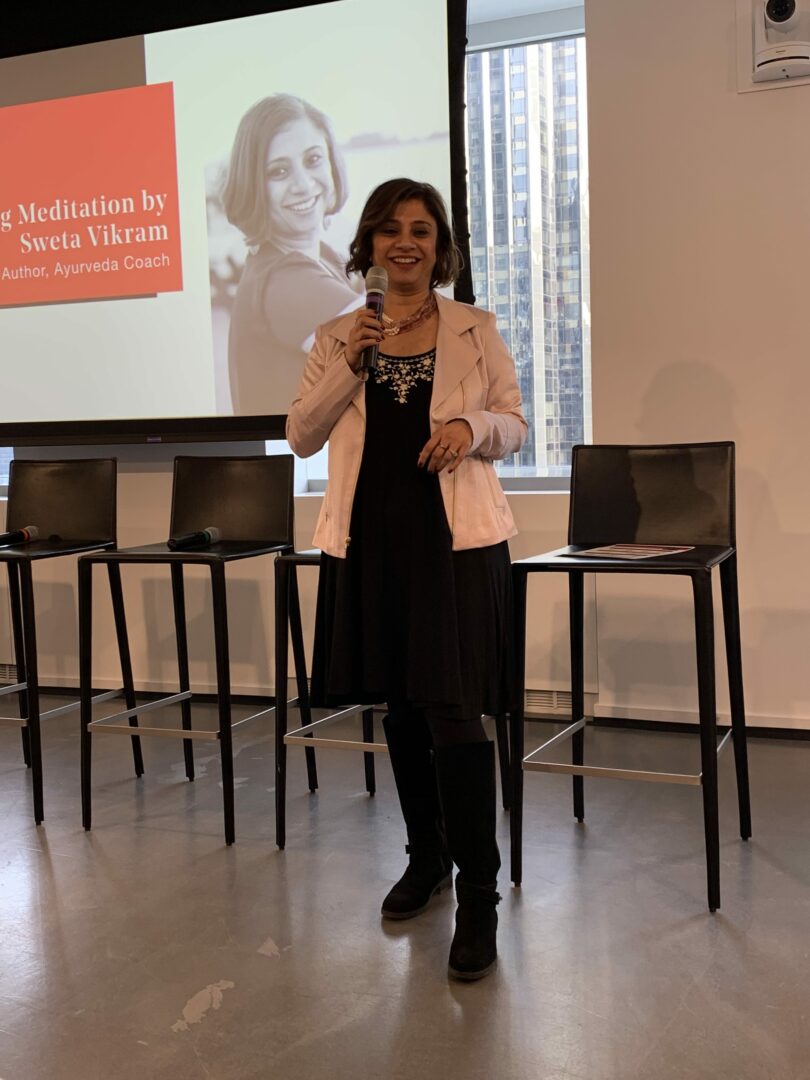
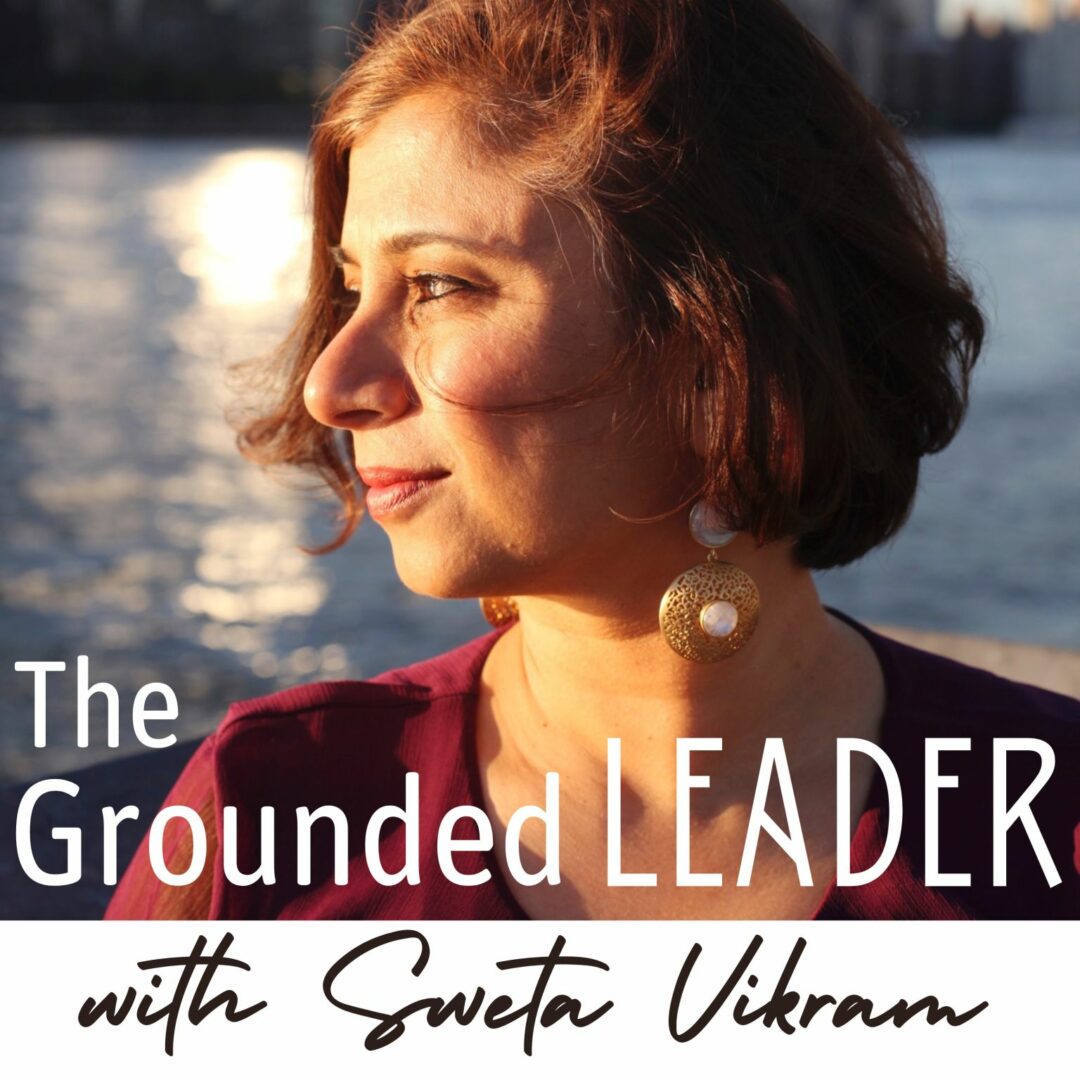
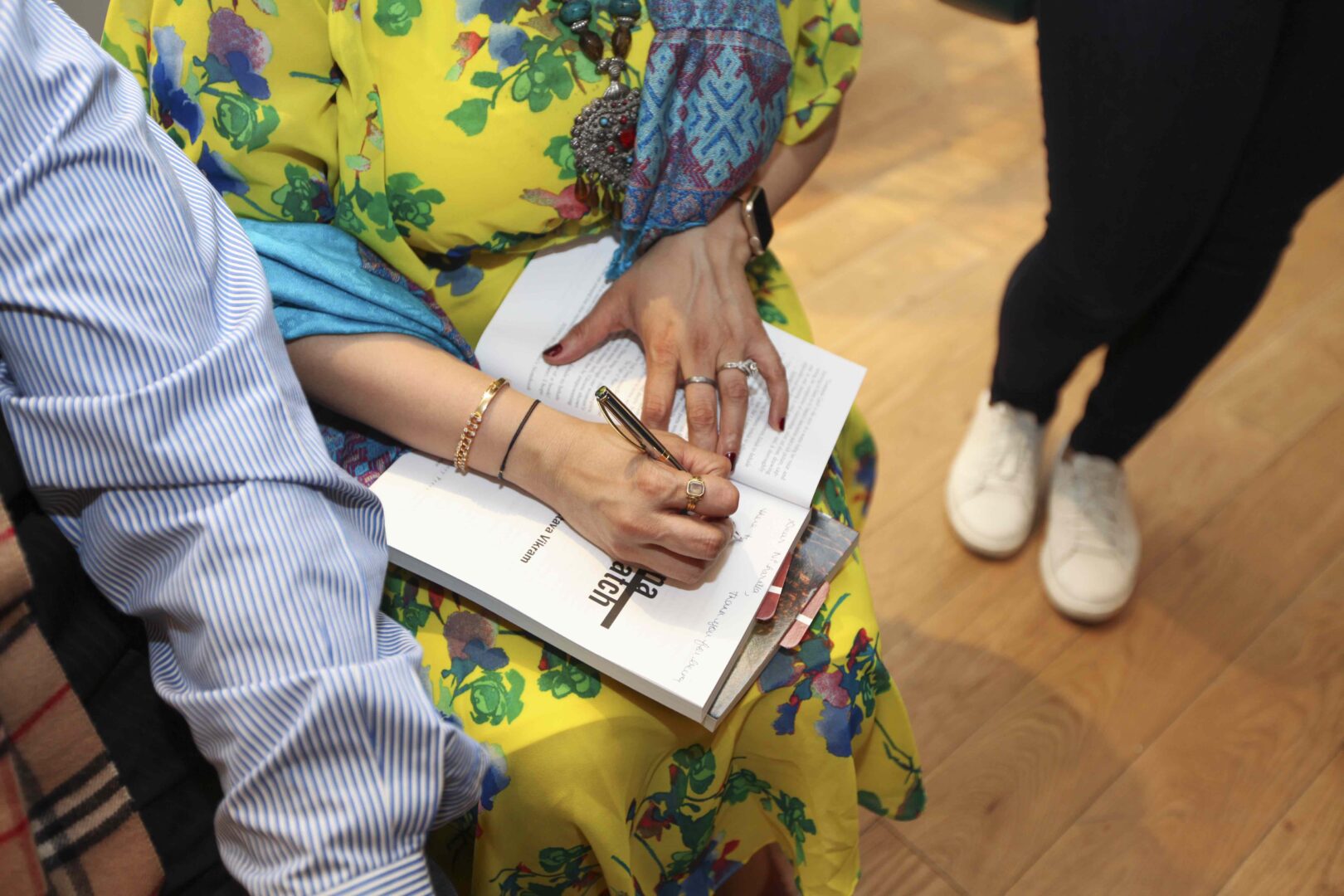
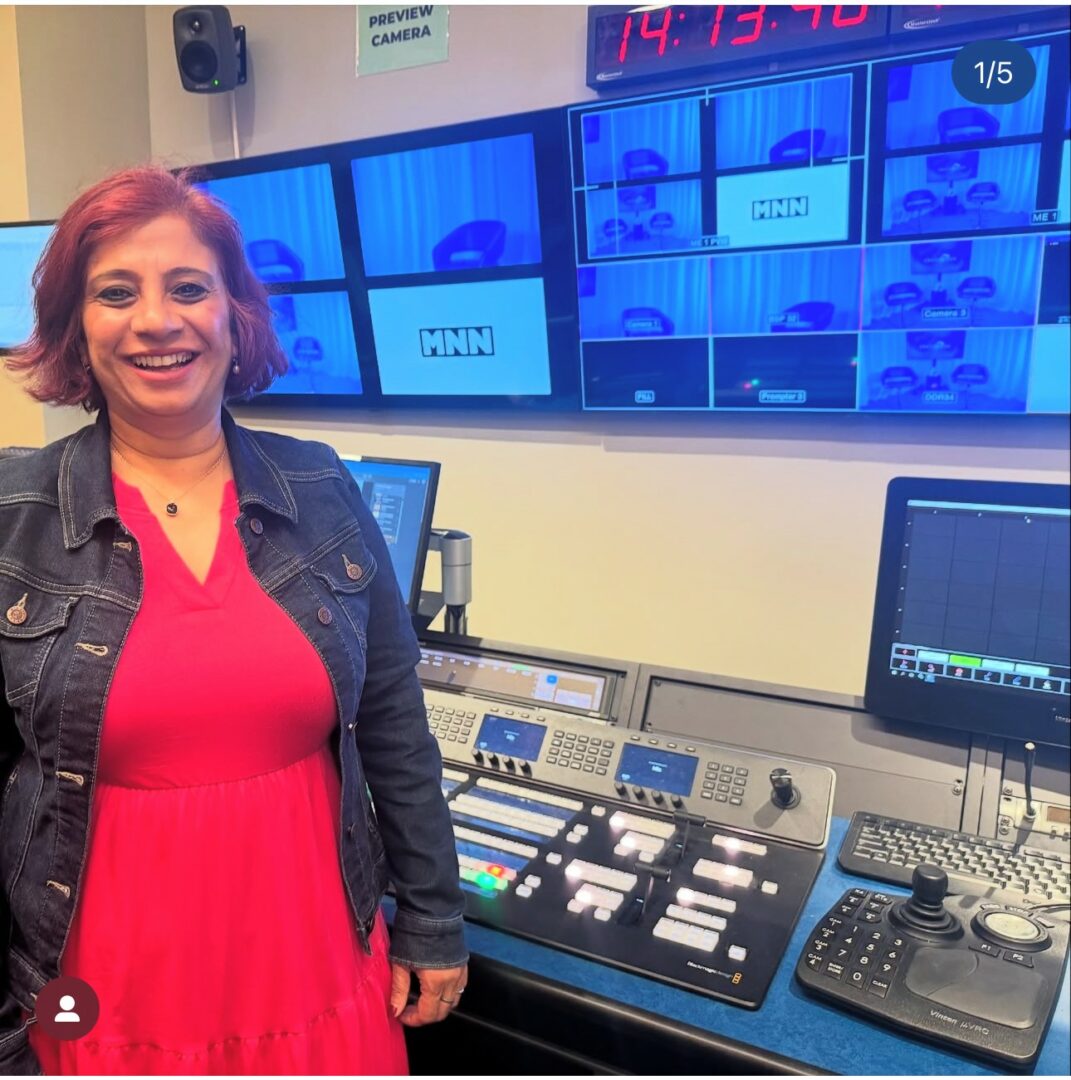
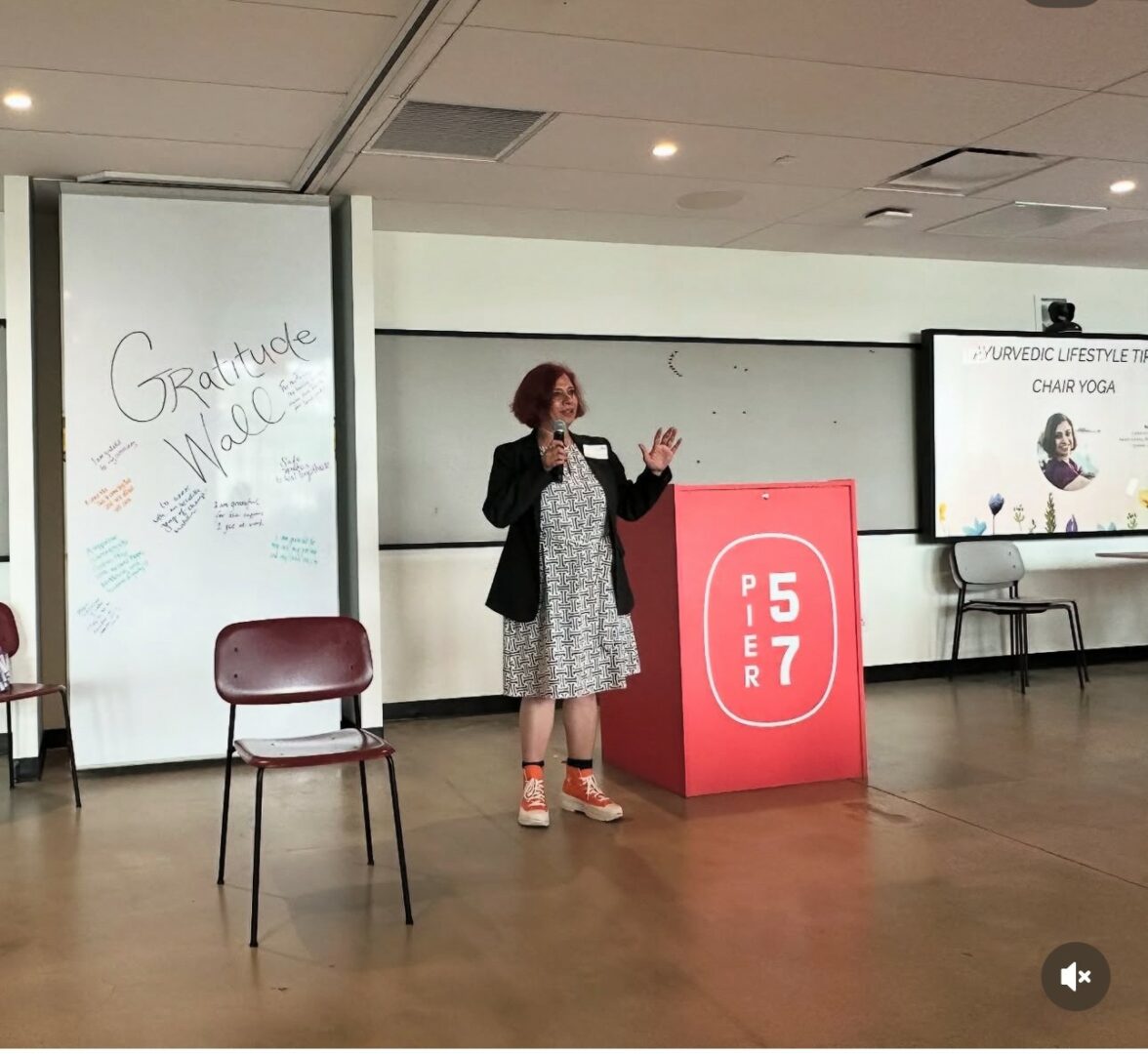
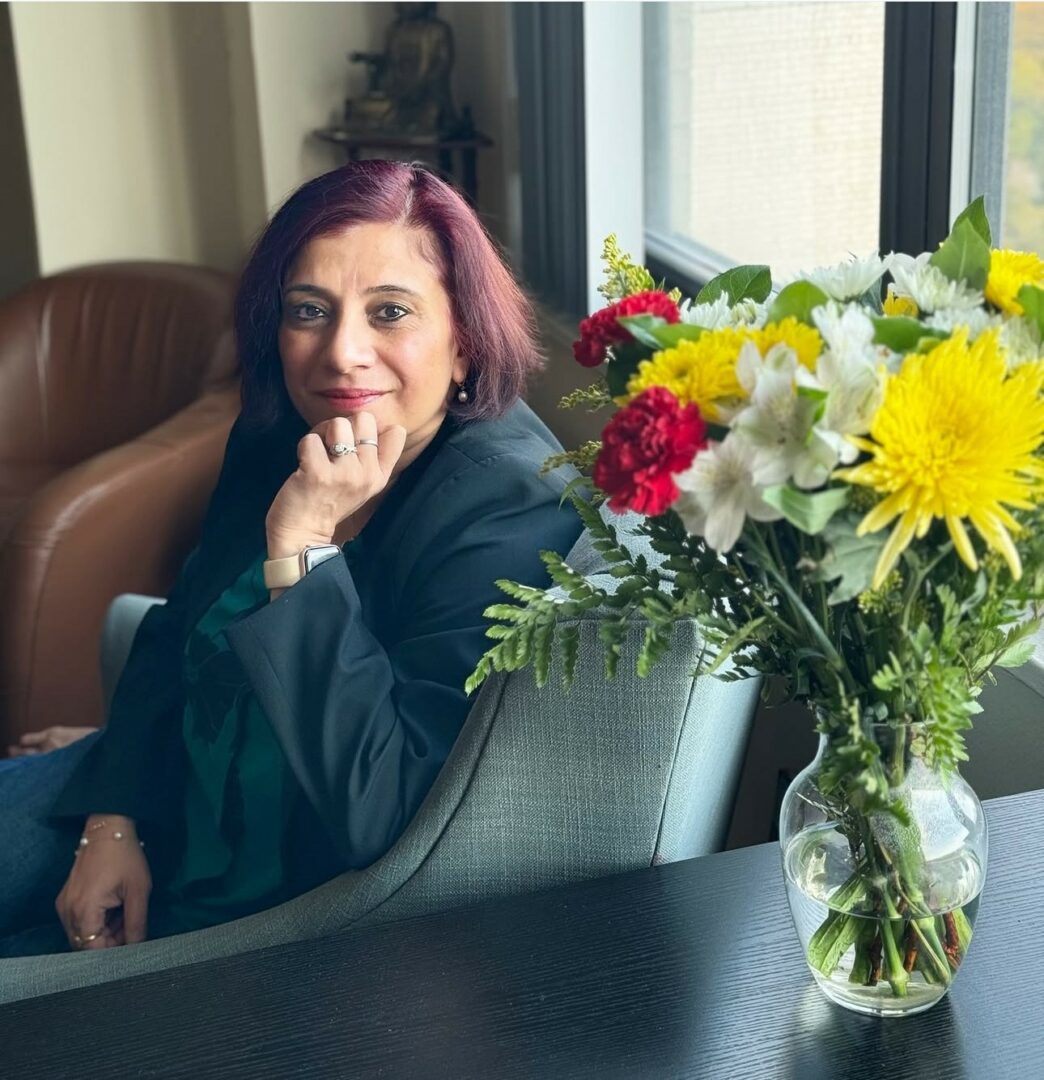
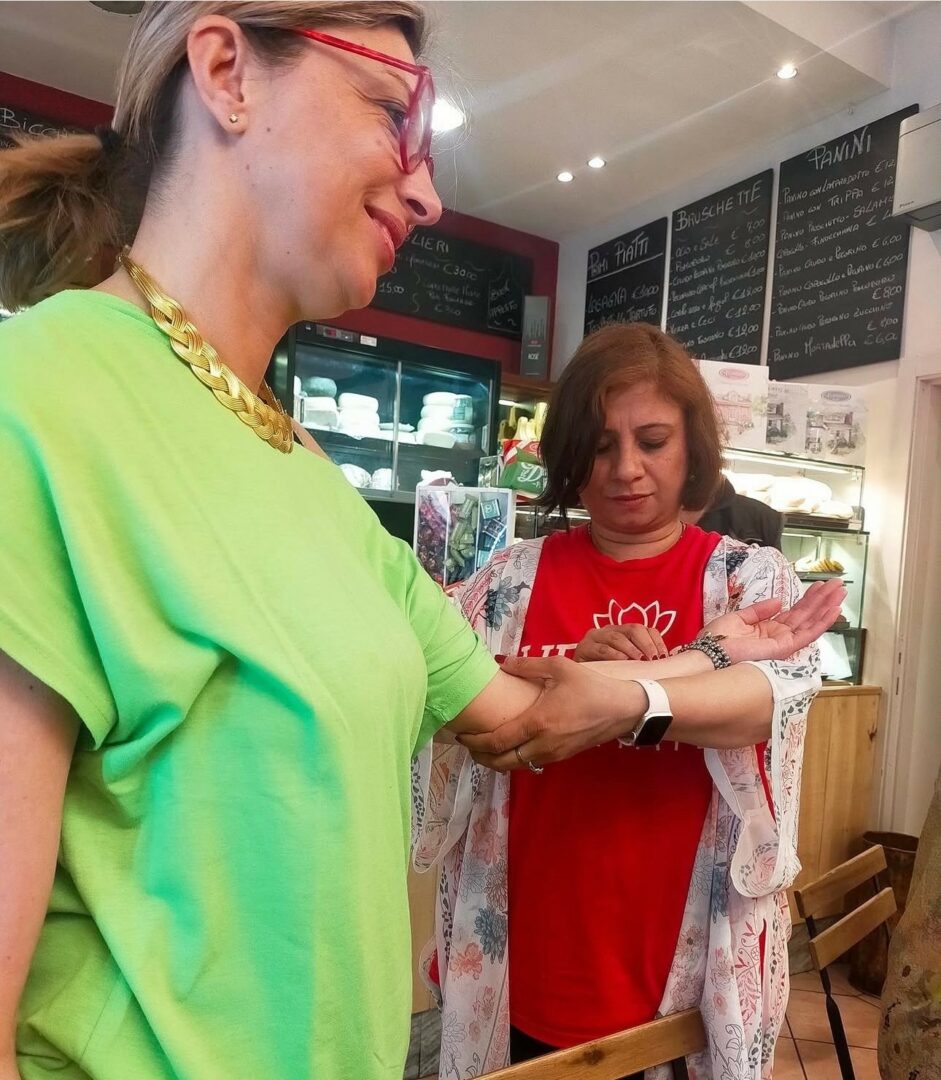
so if you or someone you know deserves recognition please let us know here.

